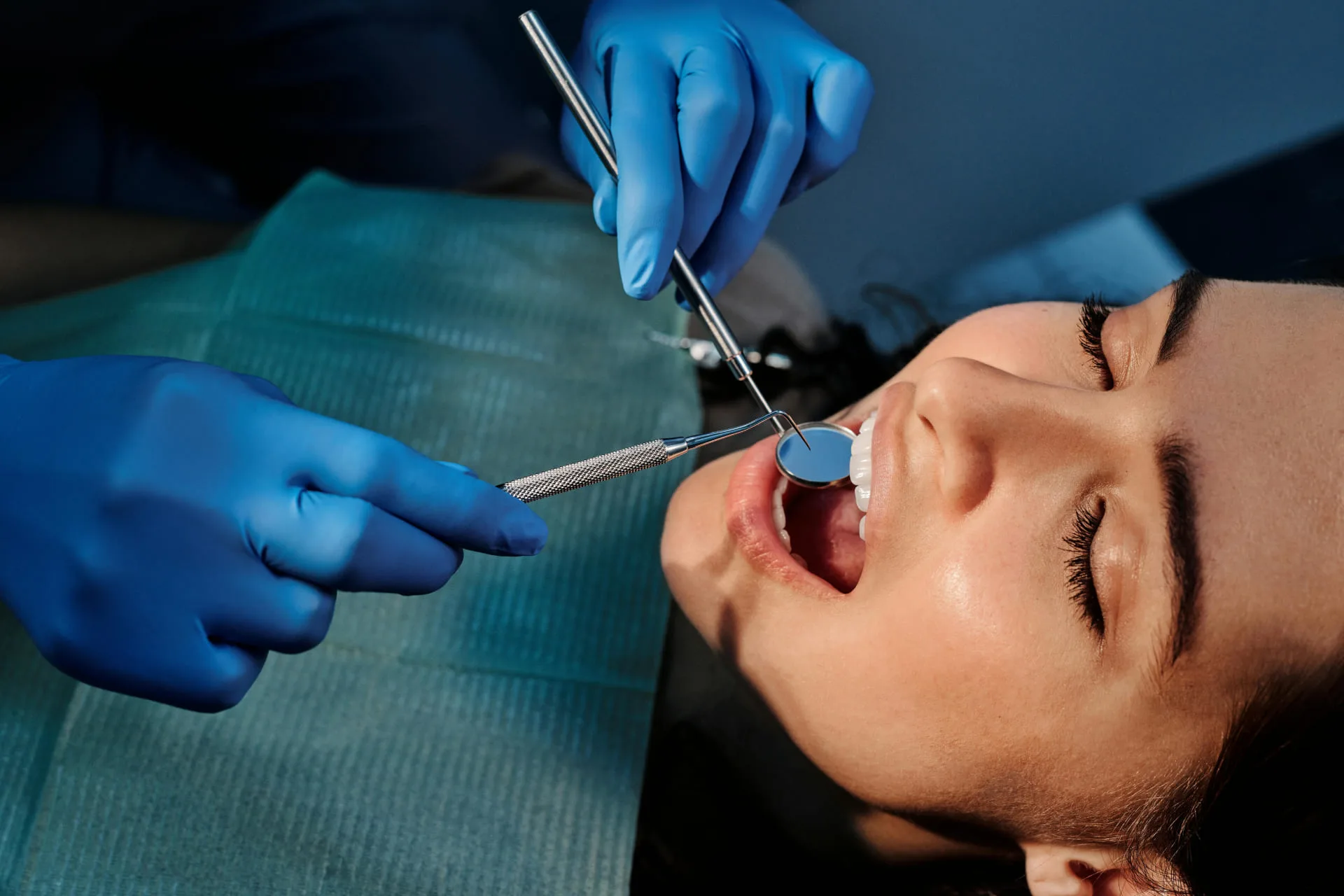Wisdom teeth, also known as third molars, are the last teeth that grow at the back of the mouth. They typically emerge between the ages of 17 and 25, but not everyone develops them.
While some wisdom teeth grow without problems, others experience various issues that necessitate extraction. So, let’s delve into why wisdom teeth need to be extracted by exploring their associated problems.
Crowding
One of the most common reasons why wisdom teeth need to be extracted is due to crowding. The human jaw has limited space to accommodate 32 teeth, and when wisdom teeth emerge, they may push against the adjacent teeth, causing them to shift or become misaligned.
This can lead to bite problems, which may cause discomfort or difficulty chewing. In some cases, the crowding may be so severe that it affects the alignment of the other teeth, necessitating braces or other orthodontic treatments.
Impaction
Another reason why wisdom teeth are commonly extracted is due to impaction. This occurs when the wisdom teeth do not fully emerge from the gums, causing them to become trapped or impacted. Impacted wisdom teeth can cause a range of issues, including pain, swelling, and infection. Because they are difficult to clean, they may also lead to gum disease or tooth decay.
In some cases, impacted wisdom teeth may develop cysts or tumors, which can damage the surrounding teeth and bone.
Infection
Wisdom teeth can also become infected, especially if impacted or partially erupted. When bacteria accumulate around the wisdom teeth, they can cause inflammation, swelling, and pain. If left untreated, the infection may spread to the surrounding teeth, gums, and bone, leading to more serious complications.
In some cases, severe infections may require hospitalization and intravenous antibiotics.
Difficulty Cleaning
Because wisdom teeth are located at the back of the mouth, they can be difficult to clean. This can lead to the buildup of plaque and tartar, which can cause gum disease and tooth decay. Even with proper brushing and flossing, it may be challenging to reach the wisdom teeth, especially if they are partially erupted or impacted. This can make it impossible to maintain good oral hygiene and increase the risk of developing dental problems.
Extraction Procedure
Wisdom teeth extraction is a common procedure typically done under local anesthesia. The dentist or oral surgeon will make an incision in the gum tissue to access the wisdom teeth and remove them.
In some cases, the teeth may need to be broken into smaller pieces to facilitate removal. After the procedure, patients may experience pain, swelling, and bleeding, which can be managed with pain medication and cold compresses.
Conclusion
If you are experiencing any of the problems mentioned above, talk to your dentist or oral surgeon about the possibility of wisdom teeth extraction. Even if your wisdom teeth are not causing any immediate issues, it is still worth considering extraction as a preventative measure. Wisdom teeth that are fully erupted and not causing any problems may still be difficult to clean, leading to future complications.
Looking for the best dentist in Manassas to perform your wisdom tooth extraction? Visit Liberia Dental Care. We’ll take care of all your family’s dental needs using modern technology to provide you with a pleasant dental experience. Book an appointment today!









